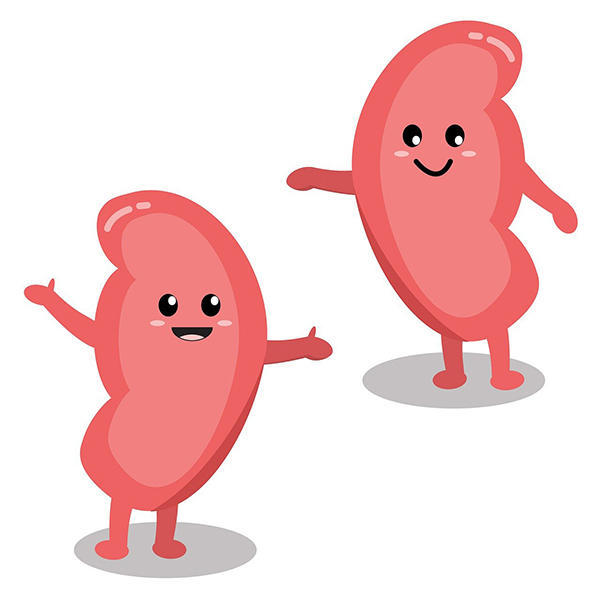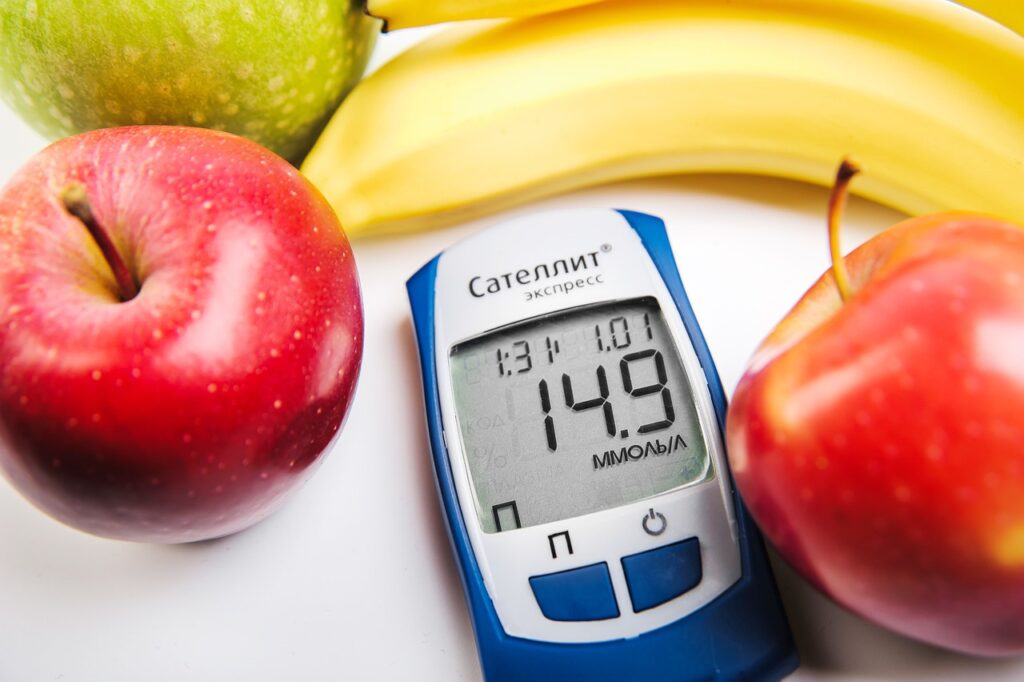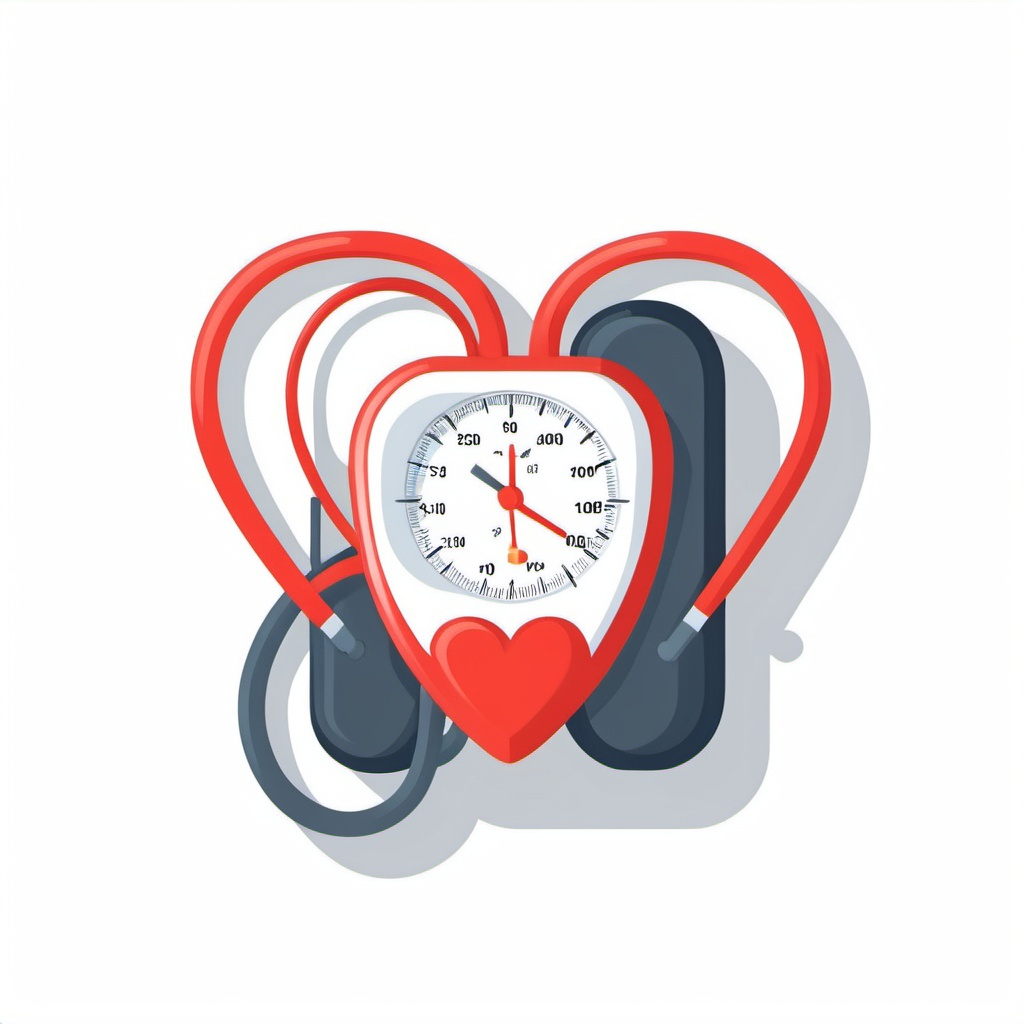
Kidney Disease
Kidney disease, also known as renal disease, refers to conditions that impair the kidneys’ ability to filter waste and excess fluids from the blood. Think of the kidneys as the body’s natural filtration system—when they don’t function properly, waste builds up and can cause serious health problems.
Symptoms and Causes
Early symptoms of kidney disease may include fatigue, swelling in the ankles or face, changes in urination, and high blood pressure. As the disease progresses, symptoms can worsen to include nausea, muscle cramps, and difficulty concentrating.
The leading causes of kidney disease are diabetes and high blood pressure. Other contributors include genetic conditions, recurring kidney infections, and prolonged use of medications that can damage the kidneys.
Prevalence and Prognosis
Approximately 37 million Americans have chronic kidney disease (CKD), though many may not realize it in its early stages. While kidney disease can lead to kidney failure in severe cases, early detection and treatment can prevent progression and improve outcomes.
Management and Treatment
Managing kidney disease involves treating the underlying causes, such as controlling blood sugar or blood pressure. Dietary changes, like reducing sodium and protein intake, can ease the strain on the kidneys. In advanced stages, dialysis or kidney transplantation may be necessary.
Living with Kidney Disease
Living with kidney disease means making conscious lifestyle adjustments. Regular monitoring, staying hydrated, and adhering to a specialized diet are key. Support from healthcare professionals, family, and community resources can help patients maintain a good quality of life.
Top Concerns
Kidney disease affects the kidneys’ ability to filter waste and maintain fluid balance. Here are the primary concerns for individuals managing this condition:
Progression to Kidney Failure
Chronic kidney disease (CKD) can lead to end-stage renal disease (ESRD), requiring dialysis or transplantation. Slowing progression is a top priority.
Fluid and Diet Restrictions
Managing fluid intake and adhering to a kidney-friendly diet is challenging. Patients often worry about balancing nutritional needs while avoiding excess sodium, potassium, or phosphorus.
Fatigue and Energy Levels
Kidney disease frequently causes fatigue, making it difficult to maintain daily activities and quality of life.
Dialysis
For those with advanced kidney disease, dialysis becomes a life-sustaining treatment. Concerns about the time commitment, side effects, and impact on lifestyle are significant.
Comorbidities
Kidney disease often coexists with conditions like diabetes or hypertension. Managing these simultaneously adds complexity to care.
Medication Adherence
Patients often require multiple medications to manage kidney function and comorbidities. Concerns about side effects and adherence are common.
Access to Care
Specialist care, including nephrologists and dialysis centers, can be costly and geographically inaccessible for some patients.
Featured in Kidney Disease
- Kidneys: The Unsung Heroes for Diabetics!
 Let’s talk about your kidneys—the tiny, bean-shaped superheroes working overtime to keep your body running smoothly. When you have Type…
Let’s talk about your kidneys—the tiny, bean-shaped superheroes working overtime to keep your body running smoothly. When you have Type… - Inflammation: The Root Cause of Almost Every Major Disease You’ve Never Heard About
 Inflammation might sound like something that happens when you sprain your ankle or get a nasty paper cut, but did…
Inflammation might sound like something that happens when you sprain your ankle or get a nasty paper cut, but did… - Intermittent Fasting and Type 2 Diabetes: The Controversial Treatment Gaining Traction
 Intermittent fasting has been making waves in the health world for a while now, praised for everything from weight loss…
Intermittent fasting has been making waves in the health world for a while now, praised for everything from weight loss… - Weight Loss Medications and the Future of Obesity Treatment
 Recent advances in weight loss medications, particularly GLP-1 receptor agonists, have generated unprecedented excitement in obesity treatment. While these medications…
Recent advances in weight loss medications, particularly GLP-1 receptor agonists, have generated unprecedented excitement in obesity treatment. While these medications… - Stress and Its Impact on Your Physical Health
 Stress doesn’t just affect your mood—it takes a toll on your body too. Chronic stress can contribute to high blood…
Stress doesn’t just affect your mood—it takes a toll on your body too. Chronic stress can contribute to high blood… - Obesity and its Numerous Comorbidities
 Obesity significantly impacts multiple organ systems and is associated with numerous comorbid conditions that can substantially affect health outcomes and…
Obesity significantly impacts multiple organ systems and is associated with numerous comorbid conditions that can substantially affect health outcomes and… - Medicare Won’t Cover Popular Weight Loss Drugs Under New Trump Administration Rule
 The debate over weight loss drugs just took a major turn — and it’s hitting Americans 65 and older right…
The debate over weight loss drugs just took a major turn — and it’s hitting Americans 65 and older right… - Your Dentist Might Spot Heart Disease Before Your Cardiologist
 You might visit your dentist expecting a routine checkup, but what if they end up being the first to warn…
You might visit your dentist expecting a routine checkup, but what if they end up being the first to warn… - New Study Finds 17 Ways to Lower Your Risk of Stroke, Dementia, and Depression
 What if you could make a few changes to your daily routine — and in doing so, reduce your risk…
What if you could make a few changes to your daily routine — and in doing so, reduce your risk…
Top Health Stories
- Breathe Easy: COPD Treatment Options ExplainedCOPD can make everyday life feel like you’re trying to suck air…
- A Digestible Holiday Feast That Won’t Ruin the Cheer!Ah, the holidays—a time for family, fun, and way too much food.…
- Leafy Greens for the WinSpinach, kale, and Swiss chard are the unsung heroes of the anti-inflammatory…
- Turmeric: The Golden HealerTurmeric isn’t just a spice; it’s a golden treasure for those dealing…
- Relaxation Tips for Health and HormonesStress is like that uninvited guest at your party—it overstays its welcome…
- Flex Your Way to a Happy ProstateExercise isn’t just about building muscle or fitting into those old jeans—it’s…

